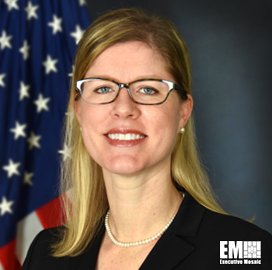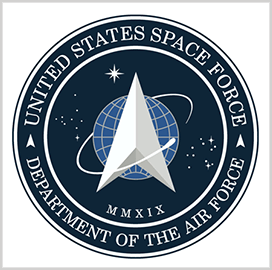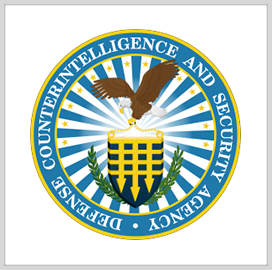The Department of Homeland Security is inviting interested parties to submit their proposed research and development projects to address security challenges in the United States.
Under a new long-range broad agency announcement, or LRBAA, published on Tuesday, the DHS Science and Technology Directorate calls on the scientific and technical communities to submit new ideas for innovative solutions to improve the country’s security, the agency said.
Businesses, universities, national laboratories and other R&D organizations can submit their proposals through the LRBAA process, the department added.
According to LRBAA Program Manager Dusty Lang, the process allows organizations to test the government’s interest in their submissions, enabling them to reduce the effort and expense of creating a full proposal.
DHS seeks proposals for 23 research and development topics, which are categorized into five mission areas, namely, counter-terrorism and homeland security threats, secure U.S. borders and approaches, secure cyberspace and critical infrastructure, preserve and uphold the nation’s prosperity and economic security, and strengthen preparedness and resilience.
The department will host a hybrid industry day on Aug. 21 in Washington, D.C., to provide more details about the effort and answer questions from would-be attendees.












